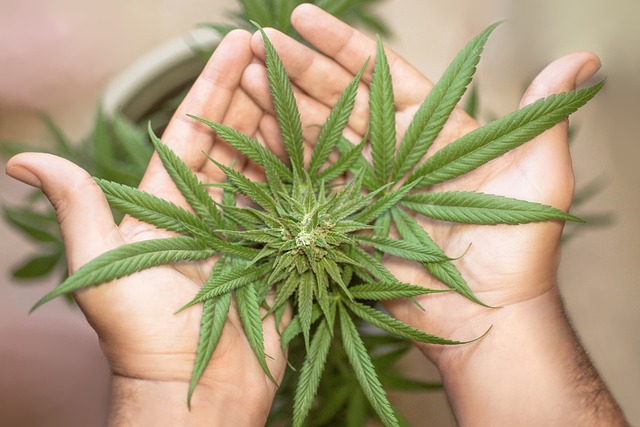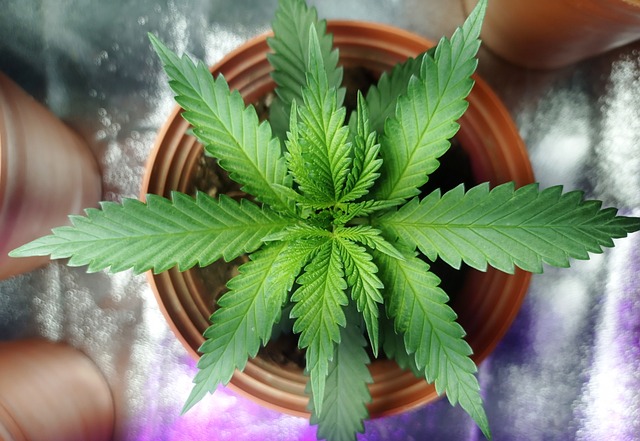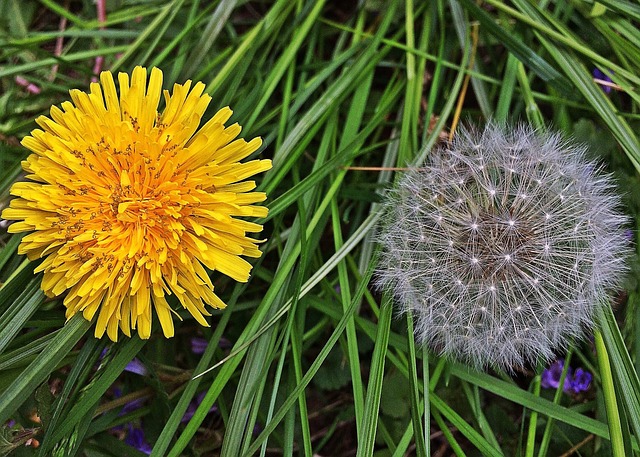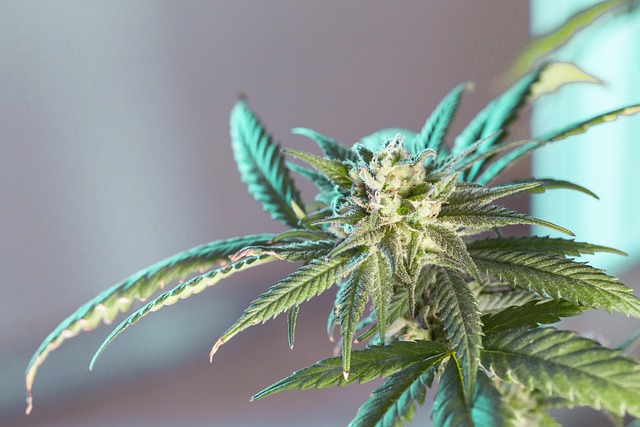THCA, or tetrahydrocannabinolic acid, is a non-psychoactive cannabinoid found in raw cannabis plants and is the precursor to THC. In Rhode Island, THCA has been legalized for medical use under specific conditions, as defined by the state's medical marijuana program. Patients with qualifying conditions can access THCA-rich products as part of their treatment, while recreational use remains illegal. THCA is gaining attention for its potential therapeutic properties, including anti-inflammatory, neuroprotective, and analgesic effects, which are believed to stem from its interaction with the endocannabinoid system's CB1 and CB2 receptors. Users in Rhode Island report alleviation from various conditions, like pain and inflammation, without the psychoactive effects of THC. Preliminary research suggests that THCA could also be beneficial in managing nausea associated with treatments like chemotherapy. As the understanding of THCA grows, Rhode Island's regulations reflect a commitment to accommodating this cannabinoid's potential health contributions, with a focus on safety and efficacy. Users are advised to consult healthcare professionals before incorporating THCA into their routine, especially if they have underlying health issues or are taking other medications, due to potential drug interactions. The legal status of THCA in Rhode Island is indicative of the broader implications for U.S. cannabis policy, with stakeholders closely watching its integration and potential impact on federal regulations.
Exploring the nuances of THCA flower, an emerging presence in Rhode Island’s legal cannabis landscape, this article delves into its potential effects and benefits, as well as a comprehensive overview of its side effects. As THCA legal status solidifies within the state, understanding its science and safe consumption practices becomes paramount for users. We will navigate the implications of dosing, explore interactions with other substances, and project future research developments. Join us in examining the multifaceted relationship between THCA flower and health, ensuring informed decision-making for those interested in this burgeoning field.
- THCA Flower: Understanding Its Legal Status and Presence in Rhode Island
- The Science Behind THCA: Potential Effects and Benefits of THCA Flower
- THCA Flower Side Effects: What Users Need to Know
- Dosing and Consumption Methods: Safely Incorporating THCA Flower into Your Routine
- Interactions with Other Substances and Medications
- The Future of THCA Legality and Research in Rhode Island and Beyond
THCA Flower: Understanding Its Legal Status and Presence in Rhode Island

THCA, or Tetrahydrocannabinolic Acid, is a non-psychoactive cannabinoid found in raw cannabis plants, which can decarboxylate into THC, the psychoactive component, when heated. The legal status of THCA flower, which contains THCA rather than THC, varies across different states within the United States. In Rhode Island, the laws regarding cannabis are distinct and have evolved over time. As of the knowledge cutoff date, Rhode Island has authorized medical marijuana under the Rhode Island Medical Marijuana Act, allowing patients with qualifying conditions to access cannabis products, including those rich in THCA. However, the recreational use of cannabis, including THCA flower, remains prohibited under state law. It’s important for consumers to be aware of these distinctions, as possessing, using, or distributing cannabis for non-medical purposes is illegal and subject to penalties. The Rhode Island Department of Health provides guidelines on the usage of medical marijuana, and patients must adhere to these regulations to ensure legal compliance. Understanding the nuances of THCA’s legal status in Rhode Island is crucial for anyone interested in its potential benefits or considering its use as a treatment option within the state’s medical cannabis program.
The Science Behind THCA: Potential Effects and Benefits of THCA Flower

Delta-9-tetrahydrocannabinolic acid (THCA) is the non-psychoactive precursor to the well-known compound Delta-9-THC, found in the Cannabis sativa plant. As research progresses, scientists are uncovering the potential effects and benefits of THCA, which may include anti-inflammatory, neuroprotective, and analgesic properties. These biological actions are attributed to its interaction with the body’s endocannabinoid system, particularly the CB1 and CB2 receptors, suggesting a wide array of therapeutic applications. In Rhode Island, where THCA flower has been deemed legal under certain conditions, individuals have access to this cannabinoid in its raw form, offering an opportunity to explore its potential health benefits without the psychoactive effects associated with Delta-9-THC. Users report that THCA may provide relief from various ailments such as pain and inflammation, potentially due to its impact on the body’s pain reception and response mechanisms. Additionally, preliminary studies indicate that THCA might possess antiemetic qualities, making it a potential candidate for nausea management in treatments like chemotherapy without inducing the “high” often associated with cannabis consumption. As interest in the medicinal properties of cannabinoids continues to grow, the legal landscape, including Rhode Island’s regulations, adapts to accommodate and regulate the use of THCA flower for its potential health benefits.
THCA Flower Side Effects: What Users Need to Know

users considering the use of THCA flower, particularly in states like Rhode Island where its legal status is defined, should be aware of the potential side effects associated with its consumption. While THCA, or Tetrahydrocannabinolic Acid, is non-psychoactive and often regarded for its therapeutic properties, it’s important to understand how it interacts with individual physiology. Common side effects may include drowsiness, dry mouth, and reddening of the eyes, which are typically mild but can affect one’s daily activities. More pronounced effects can emerge at higher doses or for inexperienced users, such as altered mood, impaired motor skills, or acute paranoia. It’s crucial for users to start with a low dose to gauge their reaction and to avoid operating heavy machinery or driving until they are certain of how THCA affects them personally. Additionally, users should be mindful of their source of THCA flower, ensuring it is obtained from reputable dispensaries or providers, especially in a legal context like Rhode Island, where regulations aim to ensure product safety and efficacy. Engaging with such precautions can help mitigate the risks associated with side effects and promote a safe user experience.
Dosing and Consumption Methods: Safely Incorporating THCA Flower into Your Routine

When considering the incorporation of THCA flower into your routine, it’s crucial to adhere to local regulations and understand the legal status of THCA in your area. In Rhode Island, THCA is legal for medical use, providing individuals with a prescription can legally consume it. Understanding the nuances of THCA’s legality is the first step in ensuring compliance with state laws.
Dosing and consumption methods are pivotal when safely incorporating THCA flower into your daily routine. The potency of THCA can vary significantly between strains, making it essential to start with a low dose to gauge effects. Typically, users may consume THCA flower by smoking or vaporizing it, which offers immediate effects but requires precise dosing to avoid overconsumption. Alternatively, THCA can be steeped in hot water to create an infusion, or used in culinary applications where it acts as a precursor to THC upon decarboxylation, often in the presence of heat during cooking. Regardless of the method chosen, it’s imperative to approach THCA with caution and respect its potency, especially for those new to cannabinoid consumption or sensitive to its effects. Consumers should also be aware that the effects of THCA can differ from those of THC, with potential therapeutic benefits such as pain relief and anti-inflammatory properties. Always consult with a healthcare professional before introducing THCA into your health regimen, particularly if you have pre-existing health conditions or are taking other medications.
Interactions with Other Substances and Medications

THCA, or tetrahydrocannabinolic acid, is a non-psychoactive cannabinoid found in the Cannabis sativa plant that is considered the precursor to THC, the psychoactive compound. While interest in THCA has grown due to its potential therapeutic properties and its legality in states like Rhode Island, understanding its interactions with other substances and medications is crucial for user safety and efficacy. THCA may interact with a variety of pharmaceuticals, particularly those metabolized by the liver, potentially altering their effects or increasing the risk of adverse reactions. For instance, concomitant use with other psychoactive substances could amplify psychoactive effects. It is also advisable for individuals taking medications that carry a grapefruit warning to exercise caution when consuming THCA, as both can inhibit certain liver enzymes and affect drug metabolism. Users should consult with healthcare professionals before incorporating THCA into their regimen, especially if they are on other medications, to avoid unexpected interactions and ensure optimal health outcomes. In Rhode Island, where THCA products may be legally accessible, this due diligence is particularly important given the evolving legal landscape and the need for evidence-based guidance on their use.
The Future of THCA Legality and Research in Rhode Island and Beyond

As the regulatory landscape evolves, the future of THCA legality and research holds significant promise for Rhode Island and the broader United States. Currently, the legal status of THCA, or tetrahydrocannabinolic acid, a non-psychoactive cannabinoid found in raw cannabis that converts into THC when heated, is under scrutiny and debate at both state and federal levels. In Rhode Island, legislation governing THCA’s legality is subject to change as policymakers assess its potential benefits and risks. The Ocean State, known for its progressive stance on medical and recreational cannabis, is likely to be a pivotal player in the exploration of THCA’s properties. Researchers here are poised to delve into the therapeutic applications of THCA, which some preliminary studies suggest may offer relief from various conditions without the psychoactive effects associated with THC.
Beyond Rhode Island, the future of THCA legality and research is tied to national trends in cannabis policy reform. As public opinion continues to shift in favor of cannabis legalization and acknowledging its medicinal value, there is a growing call for comprehensive studies on lesser-known cannabinoids like THCA. This demand for knowledge is not merely academic but has tangible implications for the well-being of individuals seeking alternative treatments. The potential for THCA to impact the cannabis industry significantly, from agriculture to pharmacology, underscores the importance of continued research and clear legislative frameworks that will guide its use responsibly. As such, stakeholders across the country are closely monitoring developments in Rhode Island, which could set a precedent for federal policies regarding THCA’s legal status and the scope of research permitted.
In conclusion, the evolving landscape regarding THCA’s legal status, particularly in Rhode Island, underscores the importance of informed consumption and understanding its potential effects. As outlined in this article, THCA flower holds promise for various health benefits, yet it is imperative to approach its use with caution, recognizing the side effects associated with it. Users must consider dosing guidelines and safe consumption methods to mitigate any adverse reactions. The interaction of THCA with other substances and medications further necessitates careful consideration, as highlighted in our discussion. As research continues to advance, the future of THCA’s legal standing and scientific exploration promises more clarity and guidance for users. It is clear that in Rhode Island and across the nation, the conversation around THCA is one of progress and prudence, ensuring a balanced and informed approach to its use.
